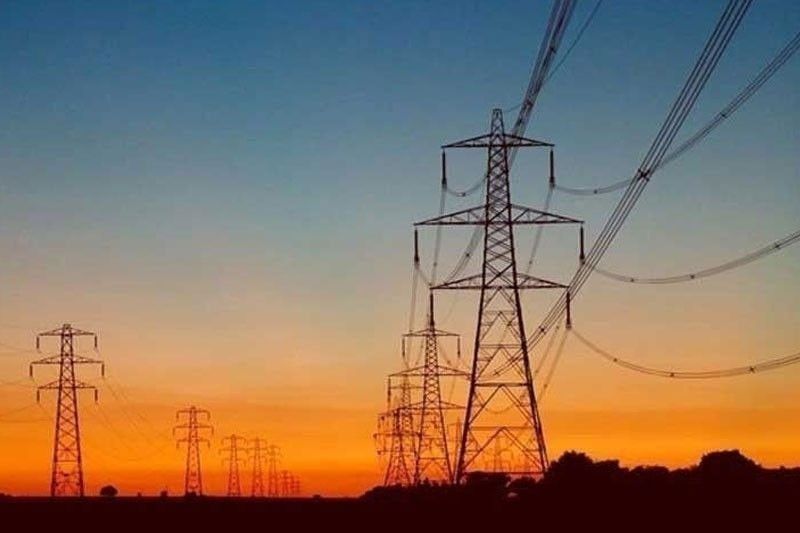ERC: 54% of power firms non-compliant with IPO rule
By Brix Lelis – March 28, 2025 | 12:00am
from The Philippine Star

But the ERC is optimistic that the Securities and Exchange Commission’s (SEC) simplified process could help improve the compliance rate.
MANILA, Philippines — At least five in every 10 power producers remain non-compliant with the public offering rule under the Electric Power Industry Reform Act (EPIRA), according to the Energy Regulatory Commission.
But the ERC is optimistic that the Securities and Exchange Commission’s (SEC) simplified process could help improve the compliance rate.
Based on the latest ERC data, 54 percent or 136 of the 251 power generation companies (gencos) in the country have yet to offer or sell to the public at least 15 percent of their common shares.
These energy firms have a combined capacity of about 13,745 megawatts.
“Our compliance rate is just 15 percent or 37 out of 251 gencos,” ERC chairperson and CEO Monalisa Dimalanta told reporters yesterday.
Dimalanta warned that power firms risk having their license to operate revoked if they fail to comply with the public offering requirements.
She, however, admitted that the ERC was facing challenges in enforcing the revocation, as doing so could adversely impact the country’s power supply.
Under EPIRA, gencos and distribution utilities (DUs) that are not publicly listed must “implement their respective public offerings not later than five years from the issuance of their certificate of compliance.”
“We have been trying to enforce it, but admittedly, it’s difficult to enforce because you cannot force the market to buy,” Dimalanta stressed.
“So we have been working on this with the SEC for almost two years, trying to make the process more accessible for our gencos and our smaller DUs,” she said.
Dimalanta was present at the formal launch of the SEC POWERS, an SEC initiative that aims to simplify the registration of securities for gencos and DUs.
Under the guidelines, the SEC Markets and Securities Regulation Department should complete the review of the registration statement of companies within 45 days from filing.
“This is exactly why the synergy between the ERC and SEC matters. By working together, we’re finding solutions that not only meet regulatory requirements but also provide our regulated entities the support they need to grow,” Dimalanta said.
“When we combine our expertise and resources, we’re not just making processes more efficient for investors and industry players; we are also strengthening the foundation for a competitive energy sector,” she added.
With SEC POWERS, Dimalanta wants to reduce the number of non-compliant firms by 100 over the next 12 months.
SEC chairman Emilio Aquino, for his part, said the SEC POWERS would help drive more “substantial investments” in the energy sector.
“As the overseer of the capital market in the Philippines, we, at the SEC, remain steadfast in our mandate of creating a sound policy environment for all stakeholders – balancing the interest of the issuers and protecting the investing public,” Aquino said.



